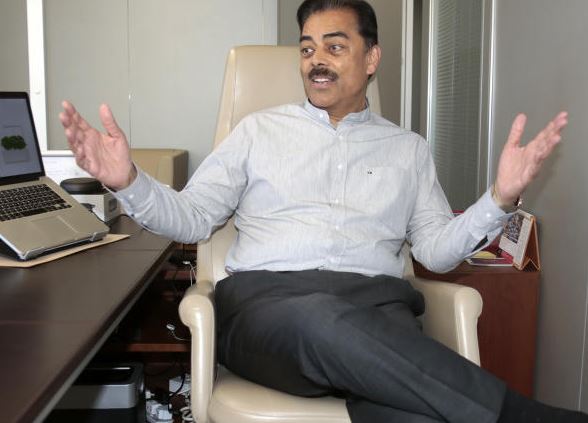×
The Standard e-Paper
Fearless, Trusted News

At 60, Vimal Shah, the chairman of Bidco Africa is not about to slow down or hang up his hat. A believer in the power of intuition, he shares his top life and entrepreneurship lessons, writes Peter Theuri.
If you expect Vimal Shah to be suited up on a random, slow Wednesday afternoon, spotting his usual sharp look in a collarless shirt and sitting in front of his laptop, winding up a meeting and readying for another, then you are not in for any particular shock.